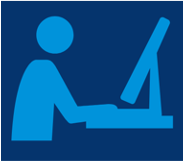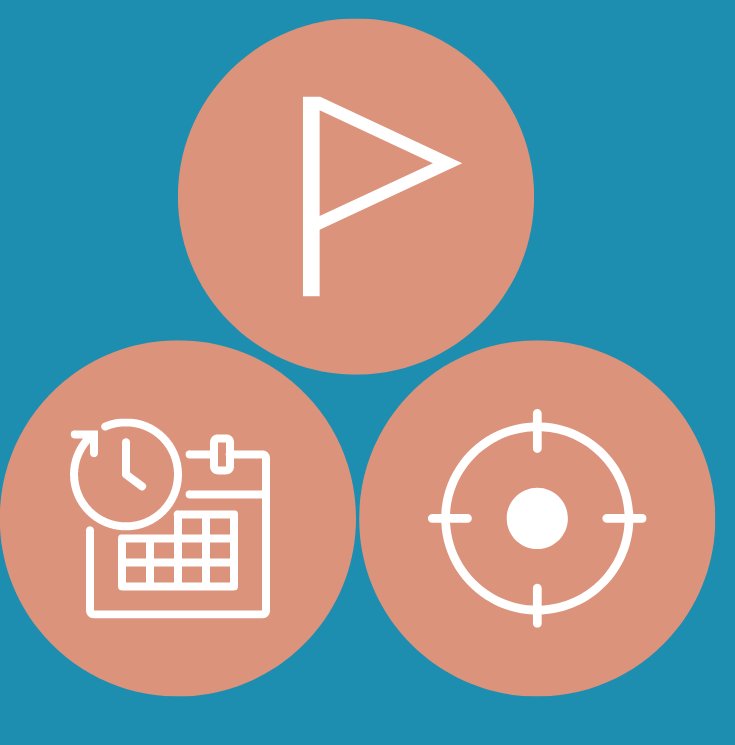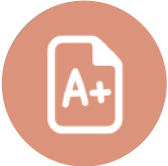
How to make the most of your MOOC experience


Learning in a MOOC is somewhat different from learning on campus, since learning in MOOCs is independent of time and space. You can learn at your own pace, whenever and wherever you want, so self-regulation is an important skill.
Try to follow the MOOC regularly and set realistic goals. It might even help to mark dedicated study time in your calendar to help you stay on track. And, of course, treat yourself when you've reached a goal!
Try to follow the MOOC regularly and set realistic goals. It might even help to mark dedicated study time in your calendar to help you stay on track. And, of course, treat yourself when you've reached a goal!
Learning in a MOOC

Before you start a module, have a look at the learning goals.
Ask yourself: "What should I be able to know or do after I've completed this module".
It helps you to find focus while going through the module.

Participate in the discussion forums.
They will provide you with more insights on the learning material and will help you to articulate your ideas.
Furthermore, it gives you a chance to interact with participants all over the world on the MOOC topic.

Make use of the assessments and the feedback.
Ask yourself "Did I really get it? Why is my answer incorrect? Does my answer contain all the necessary elements?"
The purpose of the assessments and the feedback is to help you gain a deeper understanding of the content.

Take notes during the MOOC.
Note down important concepts and essential information.
While watching the knowledge clips, pause and take notes.
You should be able to summarize the knowledge clip based on your notes
At the end of a module

Verify the learning goals
Revisit the learning goals of the module and check whether you are able to fulfil all of them.
If necessary, go back to that part of the content.

Summarize
Take your notes and make a factsheet of the module based on these notes.
Revisit the module if you're missing information.

Be the expert!
After you've finished a module, imagine that you are the expert teaching this module. Tell yourself what you would say to new students in this module.

Test yourself
Ask yourself: "What questions could be on the final exam about this module and the previous modules?. How do they relate to each other?"